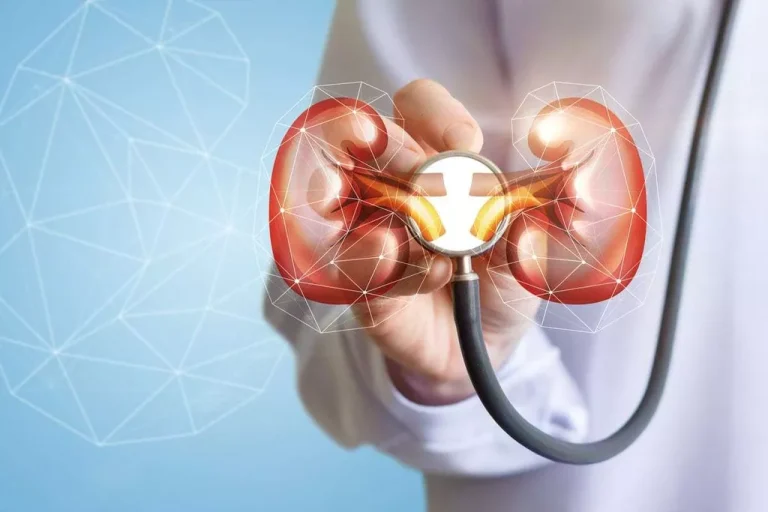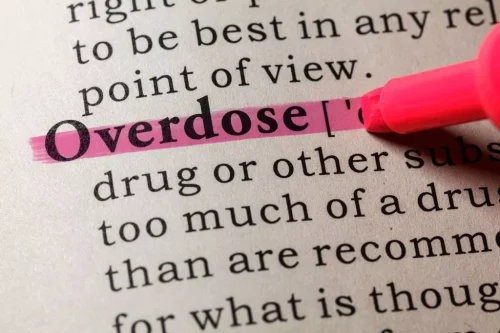
Therefore, if you are aware that you are pregnant, trying to get pregnant, or think you could be pregnant, you should not consume any amount of alcohol. Children with FASD tend to be friendly and cheerful and enjoy social interaction. But caring for a child with this syndrome can be a challenge. Kids will have lifelong physical, learning, and behavioral problems.

Fetal Alcohol Spectrum Disorder (FASD)
“Binge drinking” (having 4 or more drinks at a time) is especially dangerous for your baby. It makes the level of alcohol in your blood (and the baby’s blood) go very high very quickly. Even if you don’t drink every day, you may put your baby at risk for FASD if you drink alcohol. Dr. Ferry explains that these disorders develop in part because of the profound effects that alcohol can have on developing fetuses. “Alcohol can interfere with the way that nerve cells develop and how nerve cells connect to each other in different parts of the brain, which therefore can affect their functioning,” she says.
What Are the Types of Fetal Alcohol Spectrum Disorders?
There is no single test for fetal alcohol syndrome (a lifelong condition), but early detection and treatment can greatly improve the lives of children with FAS. In some cases, your healthcare provider might be able to diagnose a child with fetal alcohol syndrome at birth based on small size and specific physical appearance. However, diagnosis of fetal alcohol spectrum disorders can be difficult. FASD may present in childhood or early adulthood with mild social or intellectual concerns, or it can present with birth defects and growth problems during pregnancy.
- Early intervention has been shown to improve outcomes significantly.
- In this article, we look at why FAS occurs and its symptoms, treatments, and risk factors.
- While the defects vary from one person to another, the damage is often permanent.
- But an early diagnosis and support can make a big difference.
- There is no particular treatment for FASD, and the damage to a child’s brain and body cannot be reversed.
- If the staff members are not familiar with the evaluation process, the next step is to ask to speak with the district’s special education director.
What to do if you think your child has fetal alcohol spectrum disorder (FASD)
Often, having a stable and supportive home can help children with FAS avoid developing mental and emotional difficulties as they get older. To prevent fetal alcohol syndrome, don’t drink alcohol during pregnancy. The more you drink while pregnant, the greater the risk to your unborn baby. Your baby’s brain, heart and blood vessels begin to develop in the early weeks of pregnancy, before you may know you’re pregnant.

Treatment for fetal alcohol spectrum disorders
- Visit these blogs for more tips and information about fetal alcohol syndrome.
- Many drugs can pass from the mother’s blood stream through the placenta to the fetus.
- For instance, friendship training teaches kids social skills for interacting with their peers.
- However, recognizing the problem early and getting treatment for symptoms of the disorder can improve outcomes for your child.
- Alcohol use in pregnancy has significant effects on the fetus and the baby.
Prognosis is guarded; however, recent research with chick embryos may help guide future treatments to reverse the damage caused to the brain by prenatal alcohol exposure. Once the condition has been diagnosed, a team of healthcare professionals can assess your child’s needs and offer appropriate educational and behavioural how to treat alcoholism strategies. There are a multitude of reasons why it can be difficult to receive a diagnosis for an FASD. There is a lack of sufficient diagnostic capacity in most areas. Stigma is another barrier to diagnosis, as well as healthcare access. FASDs may have similar symptoms to other disorders and are often misdiagnosed.


For obvious ethical reasons, formal studies on the effects of alcohol on human brain development are limited. Most of our data come from animal models and associations with alcohol exposure. Remember that no amount of alcohol is safe during pregnancy. Quit drinking if you are trying to get pregnant or if you think you’re pregnant. If you can’t quit drinking by yourself, get help right away.
More on this topicFor Parents
Some research suggests that a pregnant person’s environment may also play a role. Living in stressful, isolated, or adverse conditions may increase the chance of FAS. Although the authorities have not approved any medications specifically for the treatment of FAS, doctors may use some drugs to treat https://ecosoberhouse.com/ certain symptoms. For example, stimulants may help with attention or emotional regulation, while neuroleptics may help with aggression. As a fetus’s liver is not fully formed, this organ cannot metabolize alcohol. As a result, when a fetus becomes exposed to alcohol, they absorb all of it.
Immunofluorescent staining revealed that ethanol treatment downregulated Ap-2, Pax7, and HNK-1 expressions by cranial NCCs. The use of double-immunofluorescent stainings for Ap-2/pHIS3 and Ap-2/c-caspase 3 showed that alcohol treatment inhibited cranial NCC proliferation and increased NCC apoptosis. Alcohol exposure of the dorsal neuroepithelium increased laminin, N-cadherin, and cadherin 6B expressions while Cadherin 7 expression was repressed. In situ hybridization also revealed that ethanol treatment up-regulated cadherin 6B expression but down-regulated slug, Msx1, FoxD3, and BMP4 expressions, thus affecting proliferation and apoptosis. Most often, a healthcare provider can diagnose FASDs based on the mother’s history and how the baby looks.
- The exact mechanism by which alcohol causes its teratogenic effects is not known.
- As a fetus’s liver is not fully formed, this organ cannot metabolize alcohol.
- Doctors may look at behavioral symptoms, such as attention and coordination.
- Expectant mothers are advised not to drink at all during their pregnancy.
- Alcohol use during pregnancy causes life-long issues that can be very serious.
- And there is no time during pregnancy when it’s considered safe to drink alcohol, either.
- They also try to find out whether the mother drank while they were pregnant and if so, how much.
What Causes Fetal Alcohol Spectrum Disorders and How Are They Prevented?
- Even a little bit of alcohol can harm a developing fetus and increase the risk of miscarriage.
- In addition to the acute effects of withdrawal, babies often suffer the teratogenic (causing physical abnormalities) effects of alcohol.
- Early diagnosis and early intervention significantly improve long-term outcomes for people with FASD.
- The symptoms of FASDs may look like other health conditions or problems.
- People with FAS have better outcomes if they experience a supportive and loving environment during childhood.

